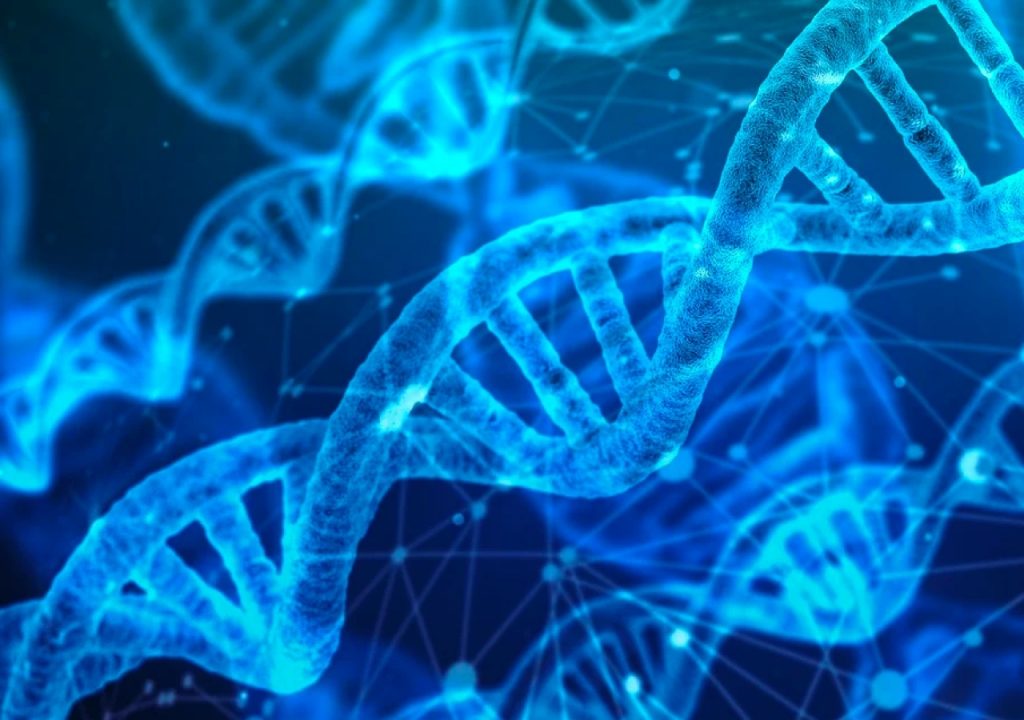Food: The Medicine of the Future?

By aiding the biochemistry of our body with proper foods, nutraceuticals and lifestyle modifications we can influence change at a cellular level toward a healthier outcome.
Disease, as we know it today, is that same change but working toward an unhealthy version. Numerous studies have shown how dietary habits can influence disease risk. Certain foods may trigger health conditions and some may confer some medicinal qualities. Yet, diet alone cannot and should not replace medicine in all circumstances.
How food nourishes and protects your body
Many nutrients in food promote health and protect your body from disease. Eating whole, nutritious foods is important because their unique substances work synergistically to create an effect that can’t be replicated by taking a supplement.
Vitamin and mineral deficiencies can substantially increase your risk of heart disease, immune dysfunction and increase risk of certain cancers (Vit C, D and Folate).
Beneficial plant compounds (vegetables, fruits, beans and grains) contain many beneficial compounds such as antioxidants. People whose diets are rich in polyphenol antioxidants have lower rates of depression, diabetes, dementia and heart disease.
Fiber aids in proper digestion and elimination but also feeds the microbiome (beneficial bacteria in your gut). Thus, high-fiber foods help protect against disease, decrease inflammation and boost your immune system. On the other hand, low-fiber diets are associated with an increased risk of illnesses, including colon cancer and stroke.
Protein and healthy fats
Amino acids — the building blocks of protein — aid immune function, muscle synthesis, metabolism, and growth, while fats provide fuel and help absorb nutrients. Omega-3 fatty acids, which are found in foods like fatty fish, help regulate inflammation and are linked to improved heart and immune health.
A healthy diet can decrease your risk of disease — while the opposite is true for highly processed foods.
Unhealthy diets high in sugary drinks, fast food and refined grains are a main contributor to conditions like heart disease, diabetes and obesity. These processed foods harm your gut bacteria and promote insulin resistance, chronic inflammation and overall disease risk. A study in over 100,000 people found that every 10% increase in ultra-processed food intake resulted in a 12% increase in cancer risk. Additionally, a study on worldwide mortality and disease showed that in 2017, 11 million deaths and 255 million disability-adjusted life years (DALYs) were likely due to poor diet. DALYs measure the burden of disease, with one unit representing the loss of one year of full health.
Nutritious diets protect against disease
On the other hand, research indicates that diets abundant in plant foods and low in processed products strengthen your health. For instance, the Mediterranean diet, which is rich in healthy fats, whole grains, and vegetables, is linked to a reduced risk of heart disease, neurodegenerative conditions, diabetes, certain cancers, and obesity. In fact, some diets may reverse certain conditions. For example, plant-based diets have been found to reverse coronary artery disease while very-low-carb lifestyles may help eliminate type 2 diabetes in some people. Nutritious eating patterns like the Mediterranean diet are tied to better self-reported quality of life and lower rates of depression than typical Western diets — and may even boost your longevity.
Food should not be used as a replacement for medicine
Genetics, stress, pollution, age, infections, occupational hazards, and lifestyle choices — such as lack of exercise, smoking, and alcohol use — also have an effect. Food cannot compensate for poor lifestyle choices, genetic disposition, or other factors related to disease development. Though shifting to a healthier dietary pattern can indeed prevent disease, it’s critical to understand that food cannot and should not replace pharmaceutical drugs. While scientific evidence shows that food can aid various health conditions, anecdotal claims of curing or treating diseases through extreme dieting, supplements, or other methods are often false. Foregoing conventional treatments like chemotherapy for alternative, unproven diets can worsen diseases or lead to death Although many foods have strong disease-fighting benefits, diet should not be considered a replacement for conventional medicine.
Foods with powerful medicinal properties
Transitioning to a diet based on whole foods can improve your health in countless ways. Foods that offer particularly powerful benefits include:
- Berries may protect against chronic conditions, including GI cancers.
- Cruciferous vegetables may decrease your risk of heart disease and promote longevity.
- Fatty fish such as salmon and sardines fight inflammation due to their high levels of omega-3 fatty acids, which also protect against heart disease.
- Mushrooms, which include maitake and reishi, have been shown to boost your immune system, heart, and brain.
- Spices & Herbs such as turmeric, ginger, cinnamon and other spices help treat arthritis and metabolic syndrome. Herbs like parsley, oregano, rosemary and sage not only provide natural flavor to dishes but also boast many health-promoting compounds.
- Green tea reduces inflammation and lower disease risk.
Nuts, seeds, avocados, olive oil, honey, seaweed and fermented foods are just a few of the many other foods studied for their medicinal properties. Simply transitioning to a diet rich in whole foods like fruits and vegetables is the simplest way to reap the medicinal benefits of food.
The bottom line
Food does much more than simply provide you with fuel. It may promote or worsen health, depending on what you eat. A nutrient-dense diet of whole foods has been shown to prevent many chronic diseases and may help treat some conditions, such as type 2 diabetes. Although it’s clear that following a nutritious diet is one of the most important factors in living a long, healthy life, keep in mind that you should not rely on food to replace conventional medicine.




